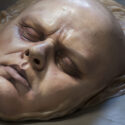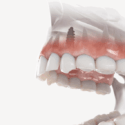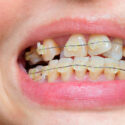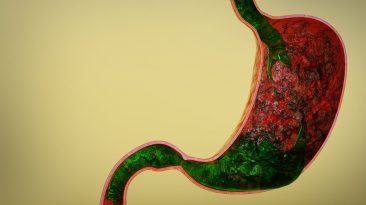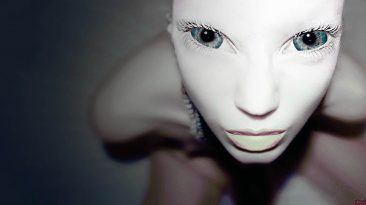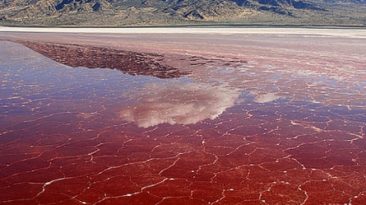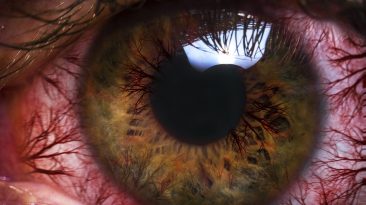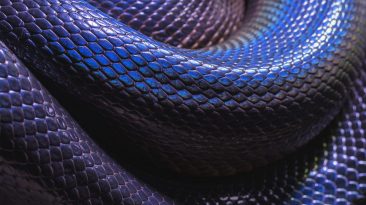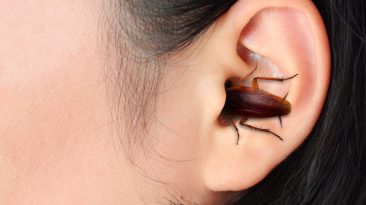What if you woke up one day to find out that not one, not two, but all of your chompers were gone? And now you’re toothless for the rest of your life.
How would this impact your digestive system? How soon will your unprotected gums be ripe for infection? Could you lose your ability to speak?
Now let’s get you more familiar with your teeth before they’re gone forever. You have 32 teeth in your mouth. They’re divided into five different categories. In the front are your eight incisors. You use these to bite into food.
Next up, your four canines. These are your sharpest teeth, they rip and tear food apart. Behind those are the teeth you chew with. These are your four premolars and eight molars.
Beyond that are third molars or wisdom teeth. For some people, these never develop. But for many, they cause crowding and need to be removed. Now that you’re all up to speed, it’s time to say goodbye to those pearly whites.
Your teeth wouldn’t just just magically disappear. Oh no. You’d swallow them whole. Is this even possible? Unfortunately, it is. Teeth are small enough that they could pass through even the narrowest parts of your digestive tract.
The first change you would notice is that it would be much more difficult to speak. Your teeth are important for airflow while talking. Many words or sounds require the tongue to make contact with the teeth for pronunciation.
The next big change would occur right around your first meal and, of course, every meal after that. As mentioned earlier, the enamel on your teeth is the hardest part of your body. And your teeth have a bite force equal to 90-113 kg (200-250 lb).
Without teeth, you couldn’t chew. Your gums and jaws would need to work overtime to break up the food enough for you to swallow. It would be nearly impossible to eat hard foods. Doing this regularly could lead to infected gums or other diseases.
It would also lead to incomplete digestion. Not chewing means nutrients wouldn’t be extracted, and your colon could become a breeding ground for bacteria. You would need to switch to an all-liquid diet, blending your fruits, veggies, and proteins into smoothies or soups.
This could make it challenging to get all the nutrients, vitamins, and minerals your body needs. You’ll have to plan out all your meals to make sure you keep up. Another shocking thing that would happen without teeth is that your jawbone would weaken.
Your jaw is in a constant state of change as it responds to the pressure placed on it from teeth. Without the pressure, it could be more prone to fractures. So be careful. Even the slightest bump in the face could hurt. A lot.
Hopefully, you already have good dental hygiene habits because, without teeth, the battle against plaque and bacteria would be even more difficult. There are around 700 different forms of bacteria, both good and bad, that can be found in your mouth.
The bacteria that does the most damage is Streptococcus mutans. It converts sugars and carbs into acids which attack your teeth. Without teeth, your gums would be completely exposed and highly prone to bacterial infections like gingivitis or periodontitis.
Typically, these diseases would begin with tooth decay, which could lead to rot. Eventually, they would fall out or be removed. Luckily, your teeth would already be missing. So you’d only have to deal with inflamed and tender gums.
Unless treated with antibiotics and constant deep cleaning, you would suffer big time. Severe pain, constant foul taste, and really, really bad breath. And that’s all on top of missing all the solid food you used to love. Even though you probably don’t have to worry about a scenario in which all your teeth are gone from one night to the next, you might want to take the best care while you’ve still got them.
Sources
- “The 4 Types Of Teeth And How They Function | Everyday Health”. Brichford, Connie, and MD Sanjai Sinha. 2017. everydayhealth.com.
- “10 Things You Didn’T Know About Your Teeth”. 2021. Healthline.
- “Periodontitis: Symptoms, Causes, And Treatments”. 2021. Healthline.
- “Eating Without Teeth Or Dentures – What You Need To Know | 1St Family Dental Blog”. 2017. 1St Family Dental Blog.
- “Microbiology Of Dental Decay And Periodontal Disease”. Loesche, Walter. 1996. University Of Texas Medical Branch At Galveston.
- “National Health Expenditures 2017 Highlights” 2021. Cms.Gov.




